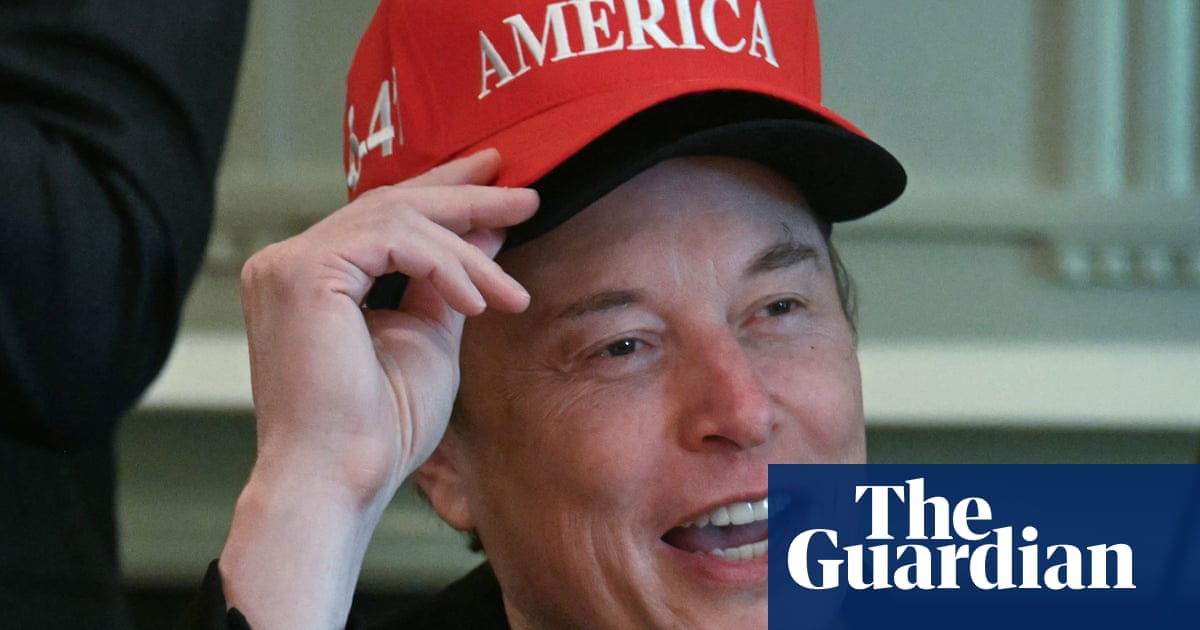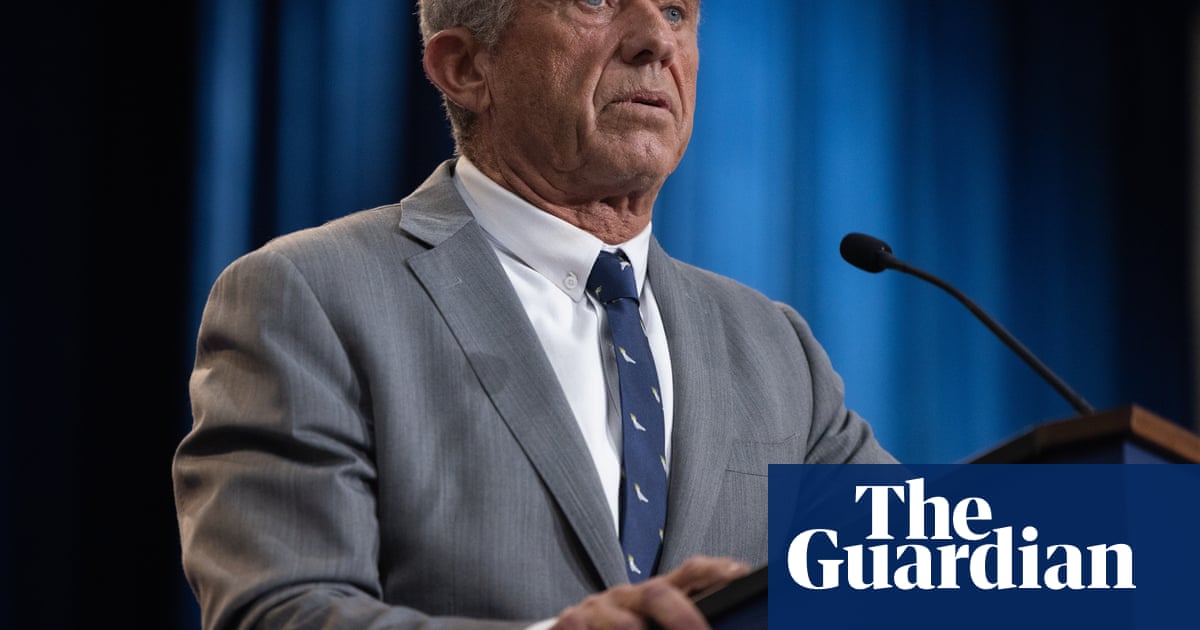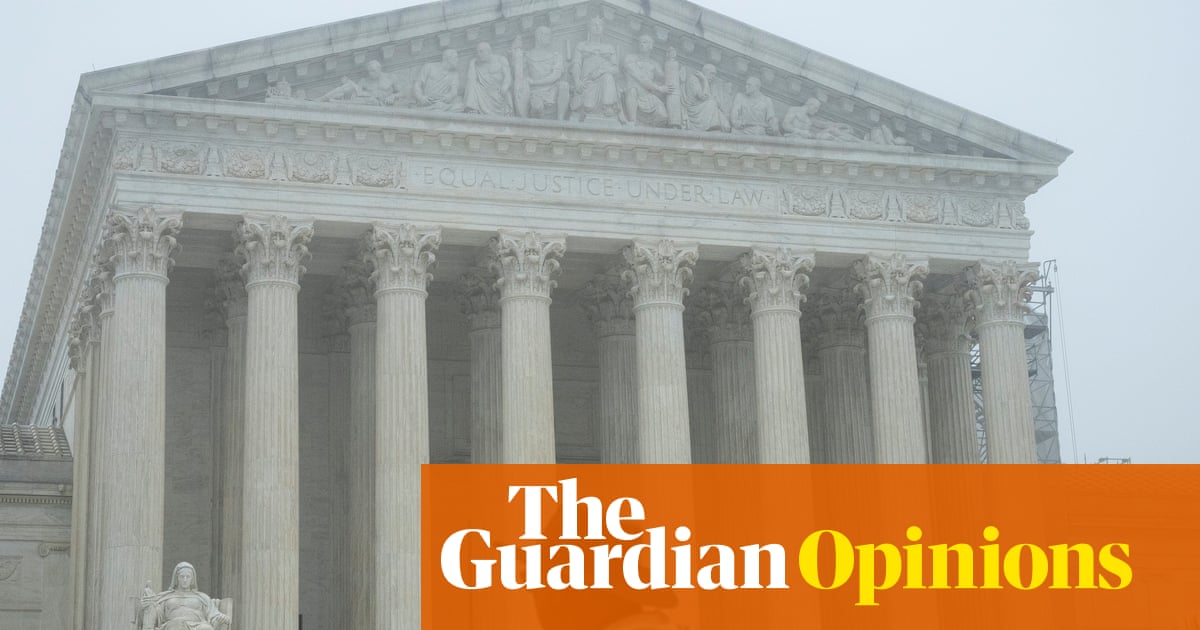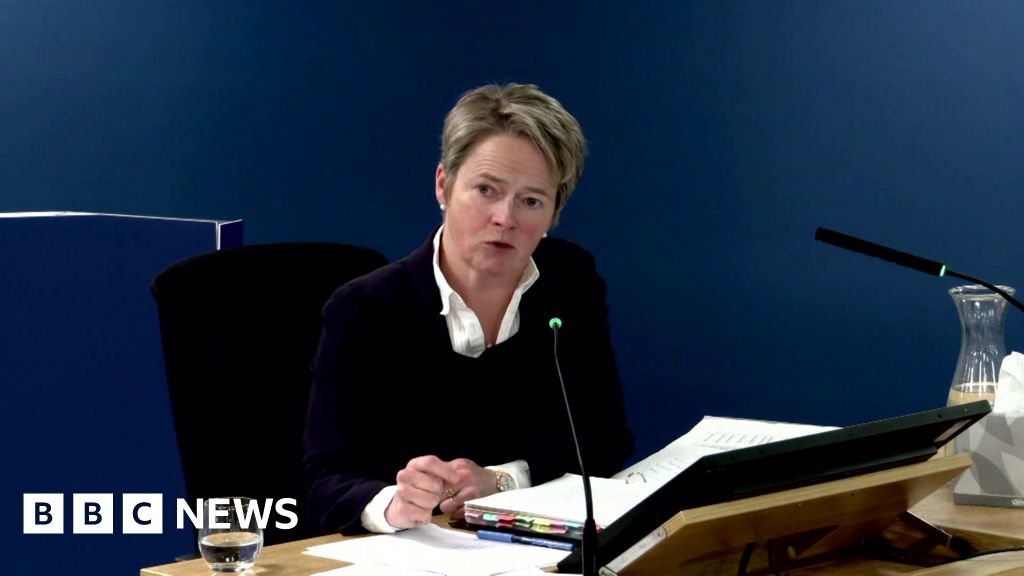Julia Harte
Sun, Apr 27, 2025, 6:04 AM 6 min read
By Julia Harte
(Reuters) -President Donald Trump’s April 9 decision to hike tariffs on China hit as Steve Egan, a promotional product distributor in Tampa, Florida, was in the middle of ordering 5,000 rubber ducks from a Chinese vendor.
The ducks were for a local non-profit that wanted to hand them out at parades and special events. Overnight, the ducks’ cost jumped from 29 to 45 cents apiece, according to Egan.
That order is now on hold by the customer until the tariff situation is resolved, along with orders from other clients for thousands of other items, from hats to poker chips.
“I kind of feel like we're back in COVID times because everything's in limbo,” said Egan, 64, who voted for Trump in November.
His first-quarter sales in 2025 were 70% lower than the previous year, although they ticked up in April.
Trump’s barrage of tariffs against global trading partners has reverberated around the United States over the past few months, affecting the livelihoods of myriad Americans, including many who said they voted for him.
Tariffs were the most common policy cited by 25 Trump voters across the country interviewed by Reuters about the president's first 100 days in office and what had most impacted their lives. They said they saw the effects at their workplaces and in their investments, especially their 401(k) retirement plans.
Reuters will be periodically interviewing many of these same voters between now and the 2026 midterm elections to track how they are affected by the Trump administration's policies.
Several of the voters interviewed for this piece also cited the sweeping cuts to federal agencies and new immigration restrictions, which have slowed U.S.-Mexico border crossings to their lowest level since 2000.
Most of the 14 voters who mentioned tariffs expected them to eventually yield the results the Trump administration promised: creating manufacturing jobs at home and enabling the United States to negotiate better trading terms with other countries.
Trump was elected on a pledge to cut inflation and boost the economy but has started to lose support, particularly on economic issues, according to Reuters/Ipsos polling. Just 37% of respondents to the six-day poll that concluded on Monday approve of Trump's handling of the economy, down from 42% in the hours after his January 20 inauguration.
Outside economists have warned the tariffs could trigger inflation, heighten the risk of a U.S. recession and cost the average U.S. family thousands of dollars in raised prices.

 German (DE)
German (DE)  English (US)
English (US)  Spanish (ES)
Spanish (ES)  French (FR)
French (FR)  Hindi (IN)
Hindi (IN)  Italian (IT)
Italian (IT)  Russian (RU)
Russian (RU) 






















Comments